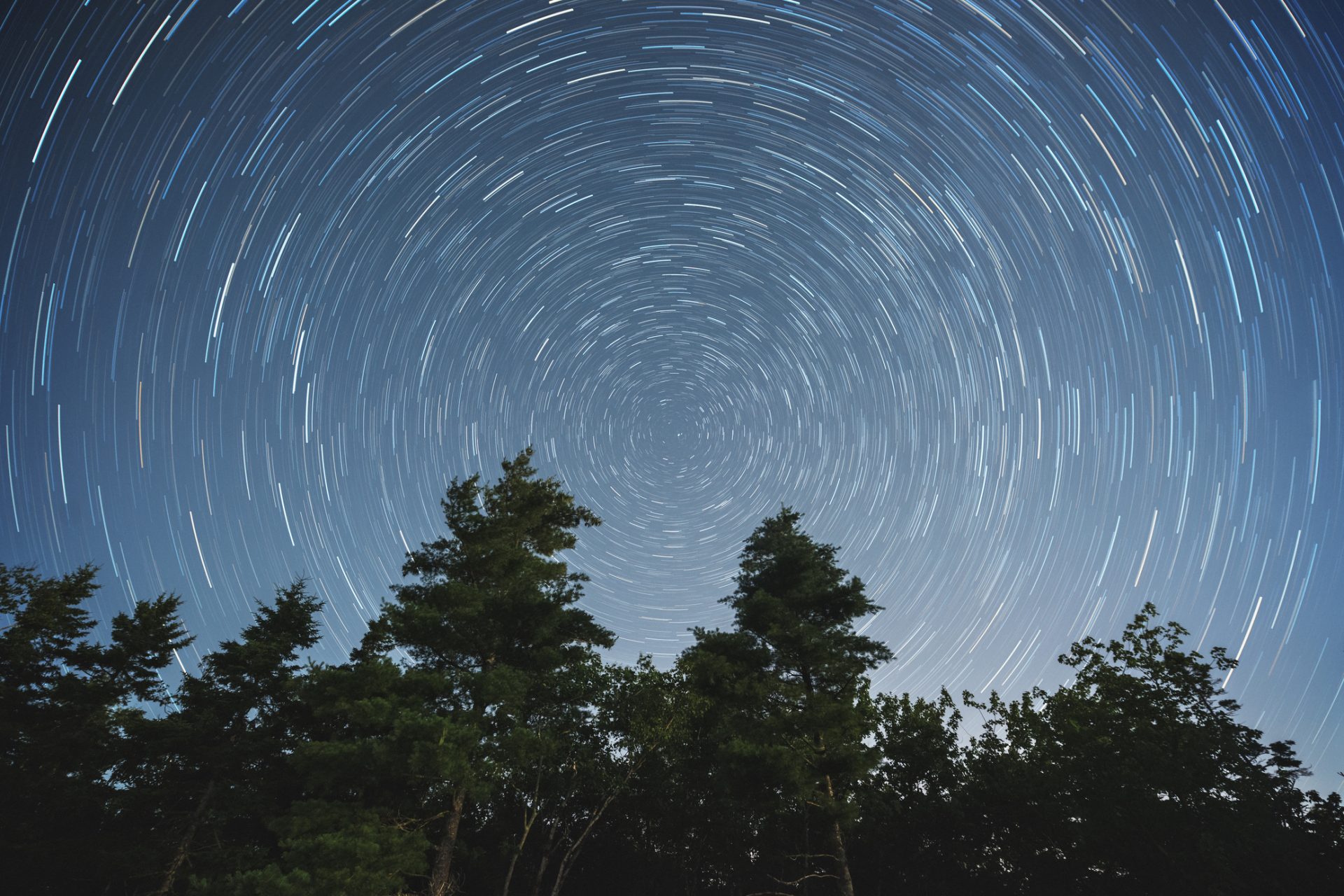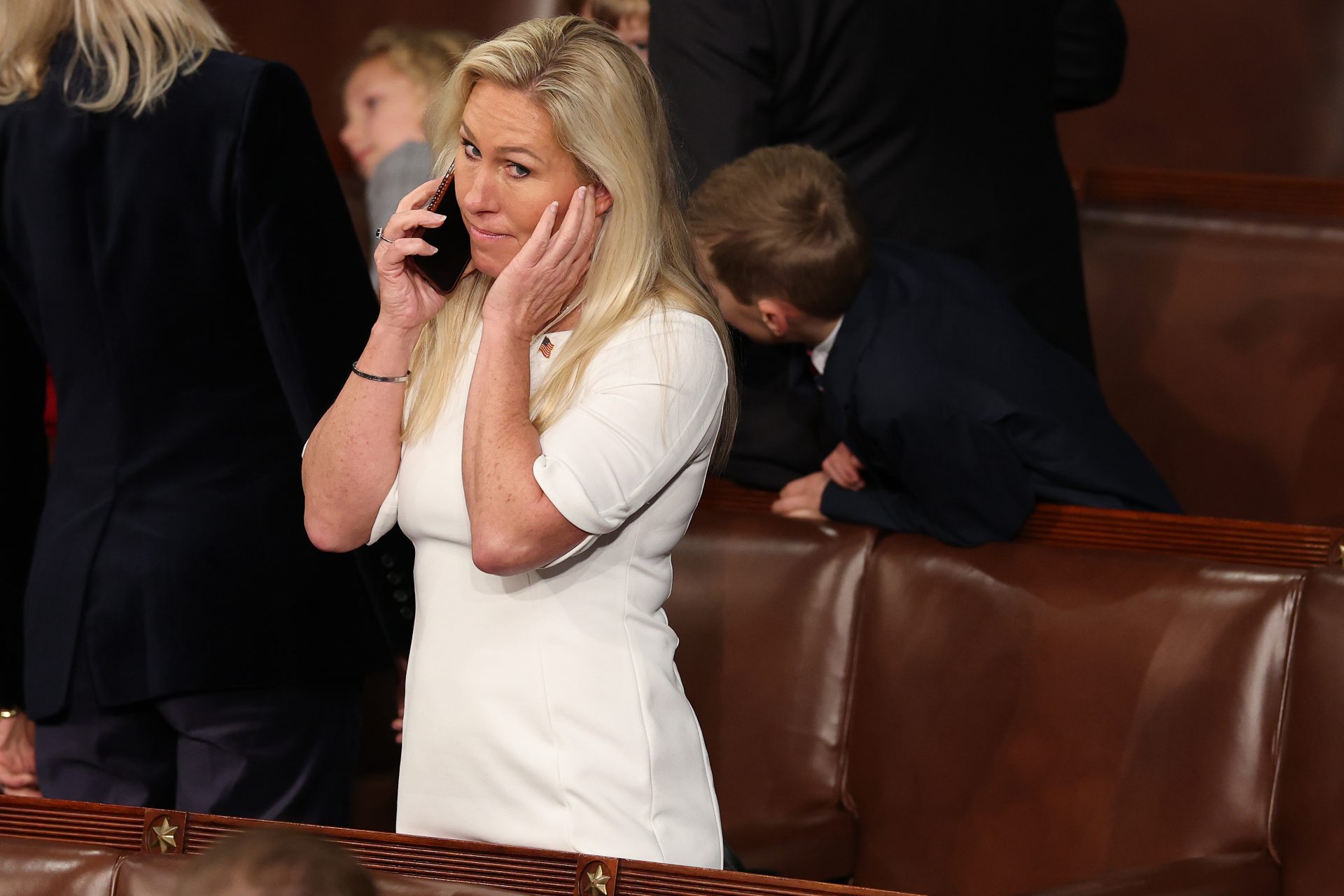If the Earth stopped spinning for just one second what would happen?
Since it formed about 4.5 billion years ago, Earth has been rotating on its axis, taking nearly 24 hours to complete a full turn (specifically, 23 hours and 56 minutes).
In this interval it also advances on its orbit around the Sun, which it traverses every 12 months. But have you ever wondered what would happen if the earth suddenly stopped rotating, even if just for a second?
Let's find out together what the ominous consequences might be, taking into account the people, the climate and everything that covers the surface of the earth. We anticipate the effects would be downright catastrophic and devastating!
Unfortunately, the answer will not please you at all. The earth rotates on its axis at speeds ranging from 0 km/h at the poles to 1,600 km/h at the equator, depending on latitude. In many places in Europe, for example, it rotates at a speed of around 1,180 km/h, but we don't notice it because we rotate with it.
Here is astrophysicist Neil deGrasse Tyson explains about what would happen to people if the earth suddenly stopped rotating: "That would be disastrous."
Neil deGrasse Tyson continued, "We are all moving with the Earth at 800 miles an hour due East. If you stopped Earth and you weren’t seatbelt buckled to the Earth, you would fall over and roll 800 miles an hour due East."
"It would kill everyone on Earth. People would be flying out of windows and that would be just a bad day on Earth," Tyson added.
If the Earth stopped spinning indefinitely, rather than just for a second, there would be a number of amazing changes.
The first abrupt changes would be the atmospheric patterns, ie the way the air currents move, which play a very important role in controlling rainfall and temperatures.
One of the consequences could be the emergence of deserts where there are now forests, or the transformation of frozen tundras into cozy, habitable environments.
Another catastrophic consequence concerns the earth's core, which consists in part of molten iron. If the earth were to suddenly stop rotating, the magnetic field created by the magnetic dipole created by the rotation of the molten iron in the earth's core would disappear.
Without the so-called geomagnetic field, this protective shield against harmful radiation from the sun and cosmic rays would disappear. But what prevents the earth from coming to a standstill?
Our planet, like almost everyone else in the universe, is constantly turning on itself because there is nothing that can stop it.
Take space.com's comparison: " If you spin a roundabout in a playground and let go, eventually it will come to a stop. This is because as it spins, the air and the surface of the playground are pushing against it, causing friction and slowing it down."
The earth, on the other hand, continues to rotate because space is practically empty. There is no air or other particles in space that could stop this movement.
According to space.com, perhaps just a collision with another planet could suddenly bring Earth to a standstill, or at least slow it down.
What may not be widely known is the fact that the earth is gradually slowing down its rotation because of the moon.
Here is the explanation from space.com: "The motion of the side of the Earth facing the moon is not balanced perfectly by gravity, and neither is the side of Earth facing away from the moon. This imbalance creates the ocean tides, which make the oceans bulge out on either side of the Earth."
During the Earth's rotation, the protuberances caused by the tides move along the Earth's surface like a wave. This motion exerts a force that acts in the opposite direction to the direction of rotation, gradually slowing down the planet's rotation period. This causes the Earth's day length to change by about one second every 50,000 years.
As you may have guessed, we can rest easy for the time being: the earth will continue to rotate for a very long time. In the meantime, there are more pressing issues that need to be addressed before it's too late, such as climate change. Let us always remember that it is us who need the earth and not she who needs us.
Never miss a story! Click here to follow The Daily Digest.
More for you
Top Stories

































